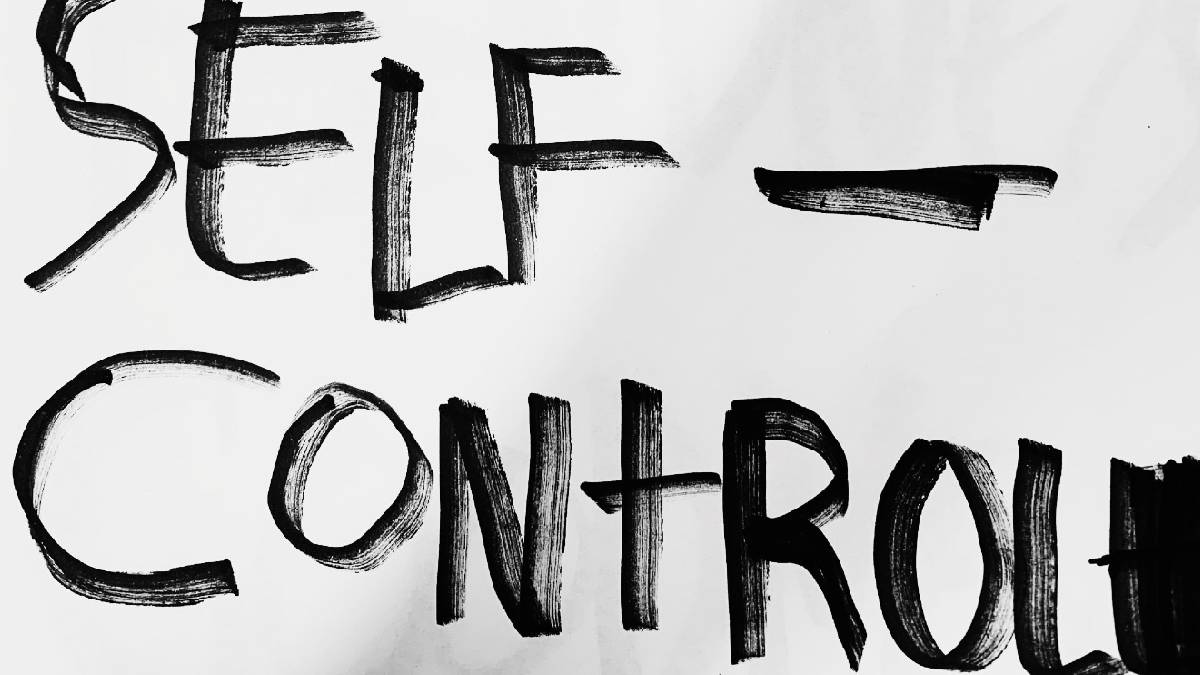
One Way You Can Have More Self-Control Over Your Life
A new study teaches us how to be less motivated by our 'Freudian id' impulses.

By Mark Travers, Ph.D. | April 6, 2022
A new study published in the Journal of Research in Personality investigates the concept of 'ego alignment' and how it can predict levels of psychological well-being and self-control.
"It is clear that some people can control themselves better than others and these individual differences matter quite a bit," says Michael Robinson, a psychologist at North Dakota State University and co-author of the new research. "The dominant model for understanding these individual differences has been that some people have more self-control 'strength' than others, but it is now clear that this is not a sufficient theory for personality-based self-control."
To improve the theory, Robinson and his colleagues proposed 'ego-alignment' as another way some people are able to practice better self-control than others. According to the researchers, ego-alignment describes the relationship between an individual's ability to know what they should do in certain situations versus actually performing the 'correct' action.
To put this theory to the test, the researchers gathered a group of undergraduate students to respond to a series of everyday life dilemmas (for example, a friend has been reading one's emails without permission). The researchers asked participants to indicate (1) how they would respond in these situations if they encountered them and (2) how people, not necessarily themselves, should respond in the described situations.
"It occurred to us that by using both 'would do' and 'should do' instructions, we could examine a very interesting question — the extent to which a given person would do what he or she thinks to be effective in a given situation," says Robinson. "Individuals who have high levels of ego-alignment are likely to live better and less conflicted lives. By contrast, misaligned individuals are essentially working at cross purposes. They act in ways that they, themselves, know to be problematic. This is a more id-like mode of existence."
Individuals who reported greater alignment between their 'would do' and 'should do' responses showed:
- Higher levels of self-control
- Were deemed to be more socially competent by their peers
- And experienced higher levels of well-being in their daily lives
According to the researchers, ego-aligned people are better equipped to make decisions that may be unpleasant in the short term but have long-term benefits. Furthermore, because of their emphasis on problem-solving, they are less likely to regard difficult decisions as aversive.
"Ego-aligned individuals do not experience taking action as effortful nor would they approach behaviors as aversive," says Robinson. "They would experience the relevant action and appreciate it for its ability to solve a problem."
Interestingly, the authors discovered that extraverted people had a slight advantage in terms of ego-alignment because they tend to approach social interactions with an inclusive, coalition-building mindset.
The researchers emphasize, however, that everyone can benefit from approaching problem-solving from a more ego-aligned perspective, asking what one should do and what one would do before making important decisions to ensure alignment in their answers.
A full interview with Michael Robinson can be found here: Do you follow your id or ego? New research explores how to become more ego-effective
